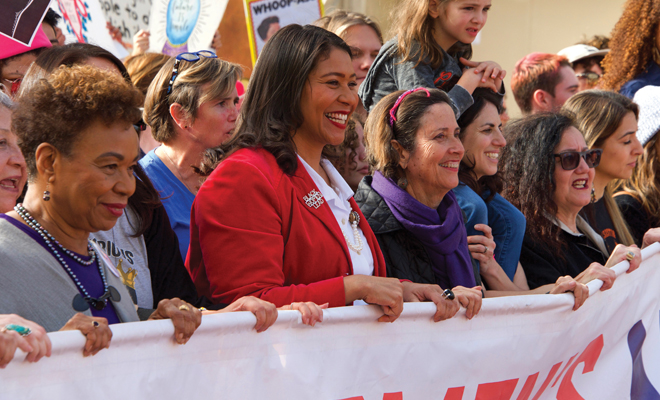
August 18, 1920: A Momentous Day for Women
One of the greatest moments in American history was the day women were finally granted the right to vote in 1920. It may seem like another page in the history books now, but it was a hard-fought war, and those on the front lines had the battle scars to prove it.
Going back in time, one can read the courageous stories of the women who fought these battles. Many were arrested for speaking their minds, stripped of their reputations and scarred for life, just for the right to be heard and vote their minds. Women such as Alice Paul, Susan B. Anthony and Elizabeth Cady Stanton, known as Suffragettes, campaigned and strongly advocated for the right to vote through organizations they formed or joined. They used publications to voice the groundwork for the newly formed women’s rights movement.
When people told these women that the time wasn’t right for a fight and urged them not to make a fuss, they challenged the speakers to meet their demands now, not later.
As the Reverend Martin Luther King, Jr. would famously say, “Time doesn’t make change. The attitude that time brings change stems from the strangely irrational notion that there is something in the very flow of time that will inevitably cure all ills. Actually, time itself is neutral; it can be used either destructively or constructively. Human progress never rolls in on the wheels of inevitability.”
Indeed, time didn’t bring about the women’s right to vote. People did.
Nowadays, women believe they have arrived and their fate is their right. After all, women can vote. They can sit at the conference table with the board of directors and may even sue someone for calling them “honey.” Still, this is not due to merely the movement of time.
Hundreds of women working as foot soldiers through the last two centuries knocked on doors, stuffed envelopes, made phone calls, spread the word on the streets or through newspapers to make the path easier for women.
It is easy to take them for granted. To quote Barbara Mandrell in the Foreword of the book Women of True Grit, “Where would you be now if it weren’t for the women who came before you…past generations of women who worked so hard to light the torch?”
In addition to the right to vote, these women held sentiments that fueled the women’s rights movement further, such as the right to hold property independently of their husbands; to divorce those husbands; or to vote for politicians who advocated for sobriety; along with many others.
However, since 1920, the road may have been paved, but women have continued to face the realities of constant unfairness and hardship. The statistics are familiar. Women earn just 80 cents for every dollar men make and that pay gap forms early and continues to grow throughout a woman’s career. Women hold only 18 percent of Congressional seats in Washington, D.C. That’s 26 in the Senate and 101 in the House. And out of the Fortune 500 companies, women head up a mere 33. That’s an increase from the 2019 total, 24. Wow.
On Election Day in 1960, women celebrated the 40th anniversary of their constitutional right to vote. There were likely more women than men casting their ballots for president. Yet nearly two-thirds of women ages 18 to 60 who were surveyed by the Gallup Poll said they didn’t approve of the idea of a female president.
Are women living in an unfinished revolution today? Do we truly believe we have a unique power to change the language, pace and standards of the world?
Women have clearly moved against the idea that homemaking is the only form of feminine achievement and are more likely to head their families as primary breadwinners. Most families today have working mothers and struggle to balance between working and home life. It was a gradual shift with no posted rules of how to make it work between a man and a woman who both work outside the home. And regardless of the wages women earn, which are economic drivers in today’s world, current policies do not reflect this reality. Too many public policies and workplaces operate as if most families have access to an unpaid caregiver, most often a wife, mother or adult daughter, who can take time from work and earning to care for family needs. The unconscious belief that women’s earnings are not central to their families’ economic security gives lawmakers little incentive to make changes.
Today’s women need to profit from their heroic Suffragettes and recognize the expanded opportunities afforded them to move into leadership roles to enact positive change for both women and men. Make sure you vote in the 2020 elections and those in the future! ■
Sources: cawp.rutgers.edu, americanprogress.org, history.com, fortune.com and catalyst.com.








